Building a Legacy: Investing with Purpose and Vision
Every person, at some point in their life, must grapple with four fundamental questions: Who am I? Why am I here? What am I meant to build? And what do I believe above all else? The answers to these questions shape not only our personal lives but also our approach to building wealth and leaving a legacy. Without clarity on these matters, one risks becoming a mere collection of attempts and failures, tearing down more than building up, and knowing only the fleeting love of self.
As the renowned Russian author Fyodor Dostoevsky observed, "The man who lies to himself and listens to his own lie comes to the point that he cannot distinguish the truth within him or around him, and so loses all respect for himself and others. And having no respect, he ceases to love." This profound insight speaks to the dangers of self-deception, which can derail even the most well-intentioned plans.
In the world of investing, self-deception can manifest as seeking shortcuts to success, pursuing wealth without the necessary discipline, risk without understanding, or quick returns without patience. The temptation to prioritize comfort over truth can lead to decisions based on fantasy and wishful thinking rather than sound principles. As Benjamin Graham, the father of value investing, famously said, "The investor's chief problem, and even his worst enemy, is likely to be himself."
To build a legacy that endures, one must first confront these challenges and establish a foundation based on truth, discipline, and a long-term vision. This begins with understanding who we are—our values, goals, and the impact we wish to have on future generations. In Genesis 1:26-27, we read that God created man in His image, bestowing upon us unique qualities such as cognition, volition, and emotion. These attributes equip us to make thoughtful, deliberate choices, particularly in the stewardship of our resources.
A legacy is not merely about accumulating wealth; it's about building something meaningful that reflects our deepest beliefs and values. Warren Buffett, one of the most successful investors of all time, emphasized the importance of this approach: "Someone's sitting in the shade today because someone planted a tree a long time ago." This quote underscores the idea that true wealth is not just about financial gain but about creating something that will benefit others long after we are gone.
Investing, when done with a long-term perspective, is a powerful tool for building such a legacy. However, it requires patience, diligence, and a commitment to continuous learning. As Proverbs 13:22 reminds us, "A good man leaves an inheritance to his children's children." This inheritance is not only financial but also includes the wisdom, values, and principles that guide our decisions.
To build a lasting legacy, it's essential to avoid the pitfalls of short-term thinking. The lure of quick gains can be tempting, but as the legendary investor John Templeton warned, "The four most dangerous words in investing are: 'This time it's different.'" Markets are cyclical, and history has shown that those who remain disciplined and patient are the ones who ultimately succeed.
In addition to patience, building a legacy requires a deep sense of responsibility. As stewards of the resources we have been given, we must be mindful of how we use them—not only for our benefit but for the benefit of others. This responsibility extends to our families, our communities, and future generations. As Jesus taught in Matthew 25:14-30, the Parable of the Talents, we are expected to be faithful stewards, using our gifts wisely and multiplying them for the greater good.
In practical terms, this means making informed investment decisions that align with our values and long-term goals. It also means being intentional about passing on not just wealth, but the knowledge and principles that will empower the next generation to build upon the foundation we have laid. As the famed investor Peter Lynch once said, "Know what you own, and know why you own it." This wisdom applies not only to our financial assets but also to the legacy we leave behind.
In conclusion, building a legacy through investing requires clarity of purpose, disciplined action, and a commitment to truth over comfort. By seeking wisdom, exercising patience, and embracing our responsibility as stewards, we can create something that endures—a legacy that reflects who we are, why we are here, what we are meant to build, and the beliefs that guide us. As you consider your investment strategy, remember the words of Proverbs 16:3: "Commit your work to the Lord, and your plans will be established." In doing so, you will not only build wealth but also a legacy that will stand the test of time.



